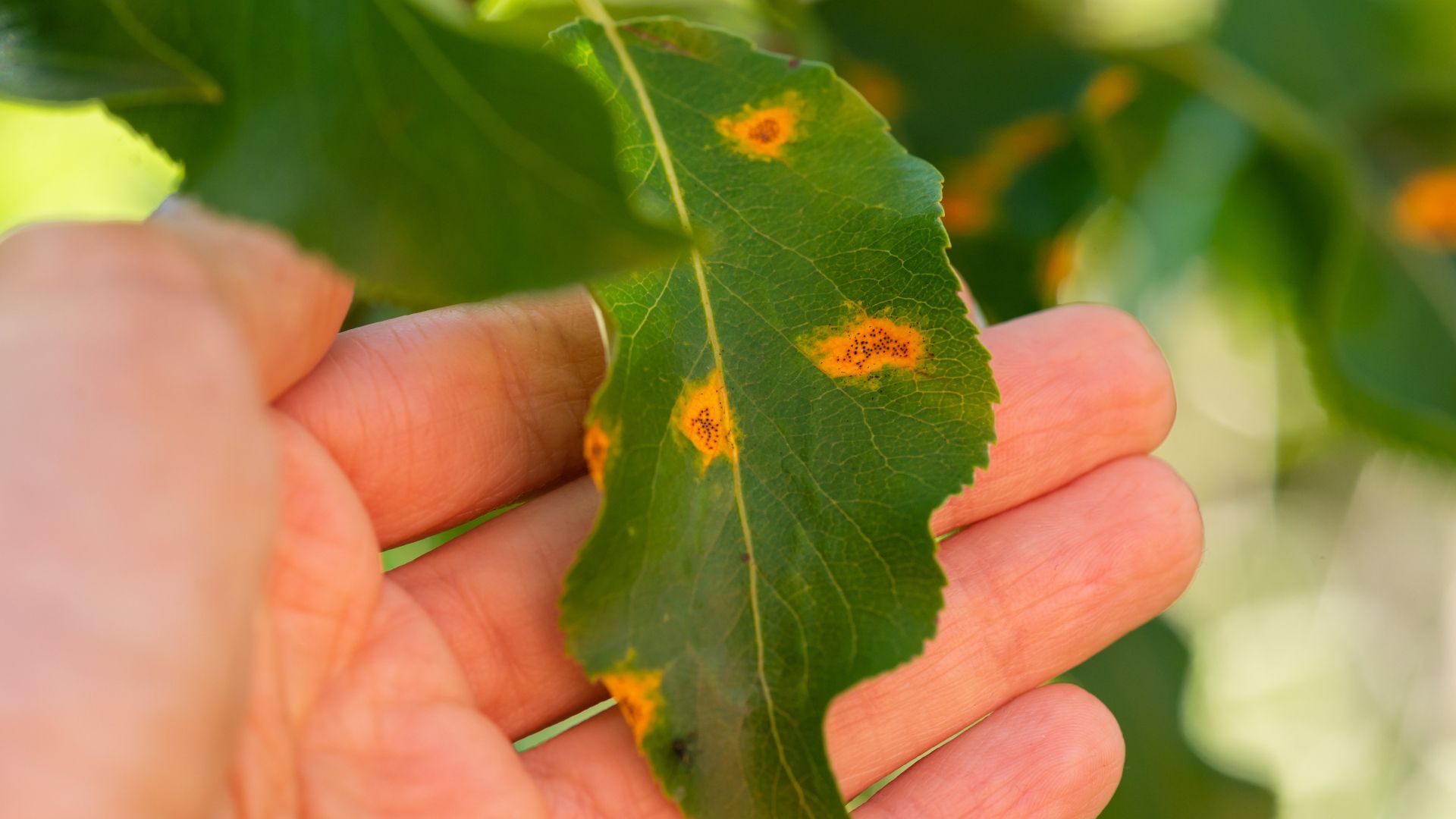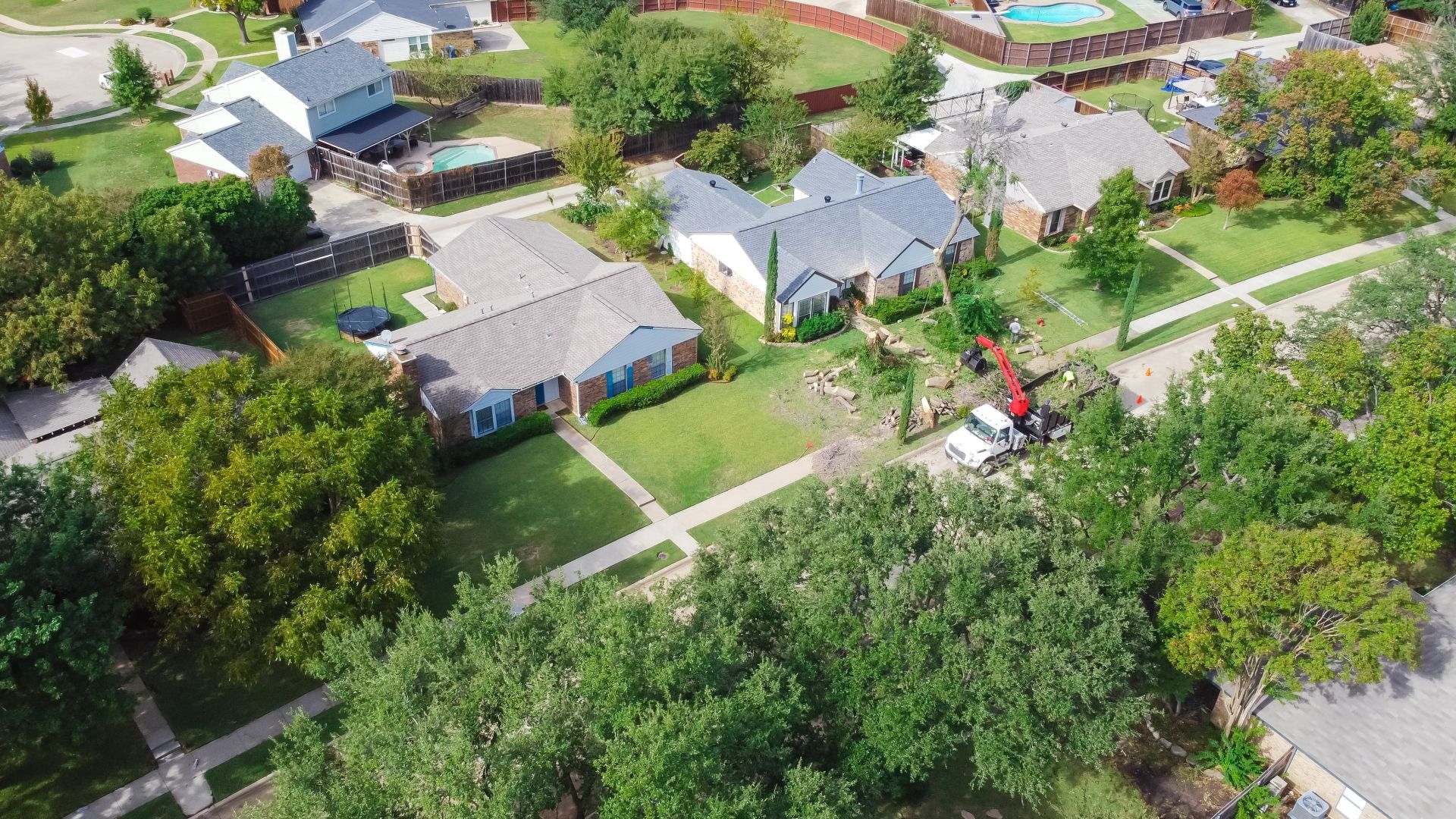Harnessing Natural Predators: An Eco-Friendly Approach to Tree Pest Control
Natural trees in our landscapes provide shade, beautify the environment, and play essential roles in local ecosystems. However, they can sometimes become targets for pests, which can lead to significant damage. That's where Forester Tree Care steps in with innovative solutions like harnessing natural predators for pest control. This eco-friendly approach not only safeguards trees but also assures minimal impact on the surrounding environment.
Understanding the charm of using natural predators lies in the synergy of biodiversity. Natural predators such as birds, ladybugs, and certain types of wasps have a natural knack for keeping pest populations in check. This method embraces the balance of nature rather than relying on chemical interventions, which can disrupt these natural systems and cause harm to other beneficial creatures.
Insecticides and pesticides, while effective, often have broader ecological consequences. They can damage plants, harm non-target organisms, and contribute to the decline of pollinator populations, impacting not just your trees but the entire ecosystem. Turning to nature's own pest control mechanisms offers a sustainable alternative.
Forester Tree Care explores these symbiotic relationships deeply. The company recommends introducing specific predator species that are known to combat pests common in your area. For instance, birds like chickadees and woodpeckers are notorious for feasting on caterpillars and beetles, effectively reducing pest numbers naturally. Encouraging these birds with nest boxes or proper natural habitats can significantly help in controlling pests.
Similarly, ladybugs are voracious eaters of aphids, scale insects, and mites. Introducing them into your garden or landscape can create a natural control mechanism that keeps these tiny creatures at bay. Wasps, especially parasitic varieties, are also beneficial, as they lay their eggs inside the larvae of pests, ensuring future generations are inherently controlling the pest population.
The process of introducing natural predators is relatively simple. It begins with an assessment of the specific pest issues troubling your trees. The team at Forester Tree Care will then evaluate which natural predators are best suited for your environment and develop a consistent monitoring plan to ensure these predators thrive, thereby keeping pest problems in check.
Moreover, promoting plant diversity can also support natural pest control. A biodiverse garden attracts a wide range of birds and insects, each contributing differently to pest control. Implementing such an eco-friendly pest management system ties into a larger sustainable practice, ensuring your landscape remains robust and healthy.
Engaging with Forester Tree Care provides access to knowledgeable experts who understand both the science and art of eco-friendly pest control. This experience helps in creating an optimal environment that supports natural predators, ensuring long-term, sustainable pest management.
In conclusion, adopting natural predator methods for pest control effectively supports environmental health. It reduces the need for chemical pesticides, promotes biodiversity, and assures your trees stay healthy and thrive for years. Forester Tree Care advocates for these practices, offering guidance and services that align with responsible and environmentally conscious landscaping goals. Embracing this eco-friendly approach is a positive step towards protecting your trees and contributing to larger ecological sustainability efforts.



